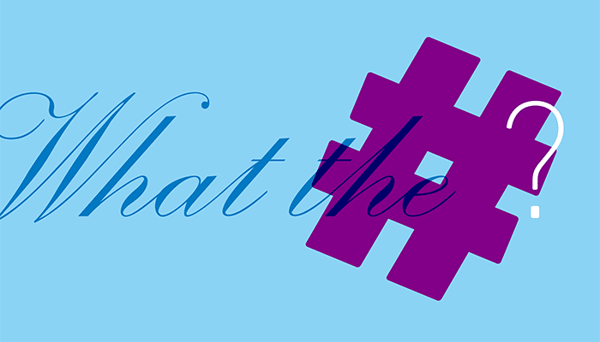 Despite their similarities, a pitch and a press release are actually two very different things. Although most people think of press releases as the main component of getting media coverage, the reality is that a lot of story ideas simply aren’t worthy of a press release and a pitch is actually more appropriate. So what’s the difference between the two?
Despite their similarities, a pitch and a press release are actually two very different things. Although most people think of press releases as the main component of getting media coverage, the reality is that a lot of story ideas simply aren’t worthy of a press release and a pitch is actually more appropriate. So what’s the difference between the two?
Using a media pitch or press release are great tools to help you get media exposure. If you don’t necessarily have a newsworthy story about your own business, but want to react or add to a hot news item, use a media pitch to get your name in front of journalists. Indicate why you would make a good follow-up to a story they’re already covering. Perhaps you have additional data they haven’t found yet. Or maybe you’re an expert with an opposing view. Those are good occasions for a media pitch.
A press release provides information about something that is newsworthy, which is key. The release has a definite format and conventional style. It’s written in a journalistic tone, which is objective and impersonal. They’re generally sent to reporters and newsrooms, in addition to being posted on your site and distributed via a wire service. The press release is ideal if you’re launching a new business, a new product, entering into a new partnership, releasing survey results or data or anything else that is newsworthy. To be successful, a press release must read like news. In fact, it should be written in a form to be published as is, or quoted in a bigger news item.
A qualified PR professional can develop these tools, target the appropriate media outlets, and do the follow-up required to ensure the media placement desired.
- Norma Kelly
Public Relations

